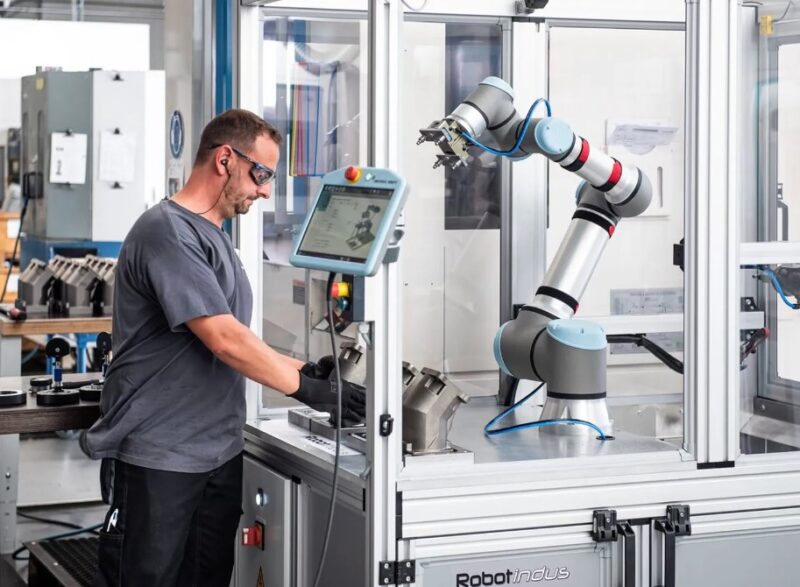Are you a gamer looking for the best tools to up your game?
Look no further – the answer is HDD vs SSD. With modern technology, both have their advantages and disadvantages, but one clearly stands out as being better for gaming.
In this blog post, we’ll dive into which one that is and why! Get ready to up your game with HDD or SSD.
Solid-state hard drives have been all the rage in recent years, thanks to unprecedented read/write speeds that have put traditional hard drives completely out of the way.
It is not without reason that gamers around the world have proclaimed that SSDs are without a doubt the best choice for gaming on the gamer’s pc because of the performance they offer.
In this article, we’ll be comparing SSDs and hard drives on all fronts, discussing the pros and cons of each, and deciding which gaming solution is best.
As we said before, SSDs are superior to hard drives in terms of speed, and there is no doubt about it.
The data transfer speed of an SSD can exceed that of a hard drive by several times, although in practice an SSD is about 2-3 times faster than a hard drive.
HDD Vas SSD
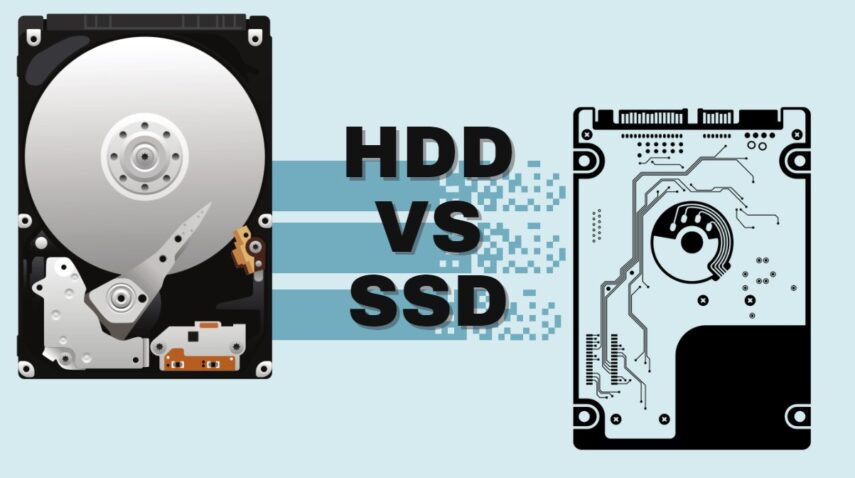
HDDs store digital information on metal spinning discs known as platters, which are read by a movable arm known as a read/write head.
An array of magnets is also used to store additional binary data within each platter’s surface.
In contrast, SSDs store data on interconnected silicon chips called Flash memory, which does not require any mechanical movement for access or storage of data.
In terms of speed and overall performance, SSDs offer superior performance to HDDs due to their noiseless operation and significantly faster disk access times.
When choosing a type of storage device for gaming purposes, it is important to consider both cost and performance benefits for optimal results.
Cost-wise, HDD offers better value than SSD due to its affordability relative to capacity compared with its “solid-state” sibling.
On the other hand, gamers who prioritize high-speed gaming may find that the cost difference between HDDs and SSDs is worthwhile in order to maximize their gaming experience with faster loading times and smoother frame rates while playing games at maximum graphical settings on modern computer setups such as those powered by Intel Core i7 processors or AMD Ryzen processors.
In the image above, you can see how much faster SSD load times are. Thus, this speed is reflected in the loading times in games, as well as the overall performance of the system.
Longevity
When it comes to overall lifespan, hard drives tend to outlast low-density drives. While the lack of longevity is real, it is barely noticeable.
Even with heavy use, an SSD can last up to 5 years. However, hard drives can easily last over 10 years, although their performance is bound to deteriorate over time.
Durability
There is no denying that SSDs are more durable due to the lack of moving parts. Hard drives, on the other hand, are prone to malfunction and physical damage simply because of the mechanisms on which they operate.
Capacity
When it comes to maximum capacity, today there are SSDs and HDDs of up to 8TB or more on the market. However, it is more important to consider the price-capacity ratio.
Indeed, hard drives are about 4 times cheaper than SSDs in terms of storage. For example, 1TB External Hard Drives will cost you 50$, while a similarly priced SSD will only have around 250GB.
The situation is similar at the other end of the spectrum: a hard drive. 8TB will cost you around $ 300, while a 4TB SSD and above will cost you thousands of dollars.
Noise
As we said before, a solid-state drive has no moving parts. It is therefore completely silent. Conversely, a hard drive is bound to produce a certain amount of noise, but not all hard drives are equally loud.
Ultimately, the loudness of a hard drive depends on the following factors:
- RPM: Low-end hard drives today start at 5,400 rpm while higher-performance variants can go above 10,000 rpm. Of course, the faster a hard drive spins, the noisier it is.
- Age / Damage: Because moving parts are essential to their operation, a hard drive can become noisier over time due to wear and tear on its mechanisms or physical damage.
Pros and Cons of HDD
When it comes to gaming, understanding the pros and cons of both Hard Disk Drives (HDD) and Solid State Drives (SSD) can help you make an informed decision about which type of drive to use for your gaming setup. Here are some key points to consider when deciding between HDD and SSD:
- Low Cost – HDDs are among the most affordable types of storage.
- High Capacity – You can store more on an HDD than on an SSD due to their lower cost per gigabyte.
- Durable – HDDs are heavier, more robust, and their moving parts make them resistant to physical damage.
- Slow Performance – HDDs take longer than SSDs to process data and can therefor slow down your gaming performance.
- Vulnerable – Since they contain moving parts, they are susceptible to physical vibration that can slow or even stop functionality.
Pros and Cons of SSD
When it comes to choosing the best storage platform for gaming, it’s hard to beat a Solid State Drive (SSD).
They offer the speed and reliability that gamers need in order to get the most out of their gaming experiences.
Compared to traditional Hard Disk Drives (HDD), SSDs are typically much faster, more reliable, and offer increased energy efficiency.
Before deciding on a storage platform for your gaming PC, it’s important that you understand the pros and cons of each type of drive.
Here are some of the key differences between HDD and SSD:
- Faster data transfer speeds than HDD
- Smaller footprint than HDD
- Lower risk of drive failure than HDD
- Lower power consumption than HDD
- Quieter operation than HDD
- No moving parts means higher durability
- Consistent read/write speeds even with heavy workloads like gaming
- Often more expensive than HDD
- Storage capacity limits compared to HDD
- Different form factors mean less compatibility with existing systems
Cost Comparison
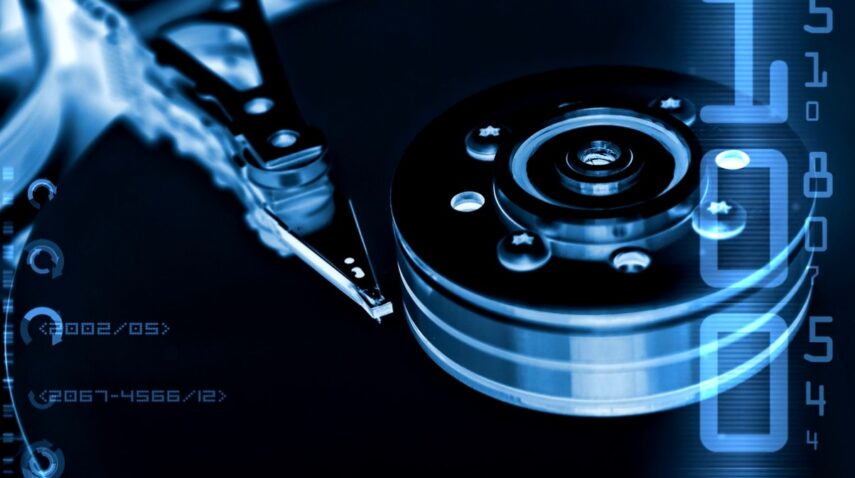
When comparing the costs between hard disk drives (HDDs) and solid-state drives (SSDs) it’s important to consider both initial cost as well as long-term cost savings.
Hard disk drives are the more traditional form of storage media, and they tend to be less expensive than their newer counterparts, solid-state drives.
However, HDDs are prone to failure more often than SSDs, which can have an adverse impact on your gaming performance.
As such, it is important to factor in the potential for repairing or replacing a damaged HDD when calculating the overall cost of owning one over its lifespan.
On the other hand, SSD prices are continuing to drop but still remain higher than HDDs up front.
Additionally, SSDs can offer faster loading speeds for gaming and fewer risks for data loss due to their improved reliability, making them a worthwhile investment in the long term.
Ultimately both HDD and SSD possess unique advantages when it comes to storing your games – it just comes down what meets your needs and budget better.
Speed Comparison
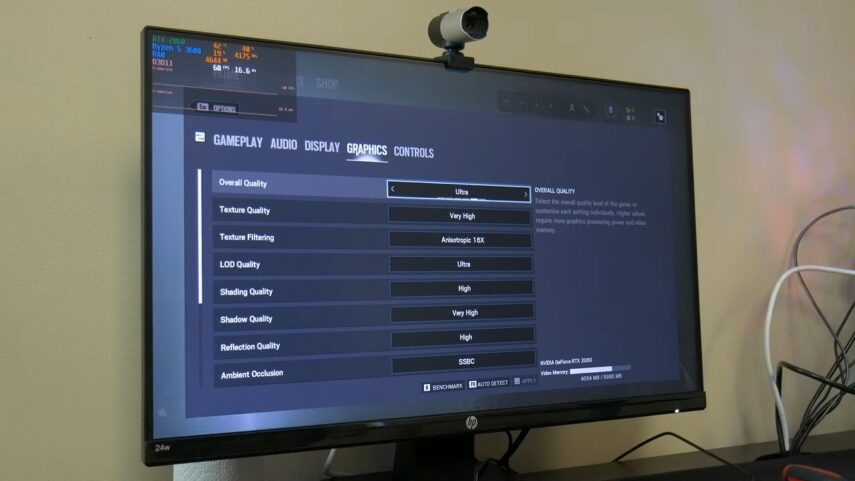
For gamers, a fast loading game is a must. It can be the difference between playability and frustration, so choosing the right storage device for your gaming rig is very important.
HDD drives and SSDs both come with their own trade-offs and benefits, so it’s worthwhile to understand how each performs on an average gaming setup.
HDD Drives: Hard Disk Drives are the traditional form of storage used in most PC cases and laptops.
The spinning platters inside contain all the data needed to load games quickly and efficiently onto your system.
An HDD drive leverages its capacity to slowly read through its files while loading games.
This makes them ideal for storing large amounts of data since they offer plentiful space at a lower cost than any other type of drive available today.
SSDs: Solid State Drives are a newer technology than HDDs and have no spinning platters or movable parts, allowing them to access files much faster as they are read directly from the drive’s chips.
This increased speed can help with load times in games that require quick reads from files that would otherwise take too long with an HDD drive, making it great for people who enjoy faster-paced gameplay or highly interactive game worlds.
The downside however is that SSDs come at a much higher price point than HDDs due to their lack of capacity, making them best suited for gamers who don’t need large amounts of storage space but want incredibly fast startup times however large their game library may be.
Durability Comparison
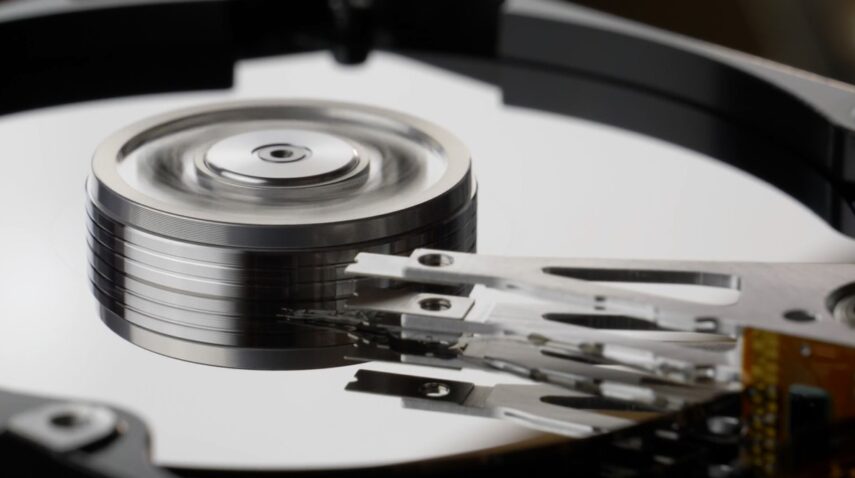
Durability is a key factor to consider when choosing between an HDD and SSD for gaming. Hard disks are mechanical devices that use moving parts to locate, store and read data.
This means they are more susceptible to physical damage caused by jolts or heat.
On the other hand, SSDs do not use any mechanical or moving parts, making them much less vulnerable to mechanical failure or physical damage.
Additionally, due to their lack of spinning disks, they are able to run cooler than HDDs which makes them more reliable over time.
In terms of damage-resistance levels, HDDs have a higher tolerance than SSDs, though the durability of an HDD still varies greatly depending on its construction materials and factors like shock protection performance.
Therefore, when choosing between HDD or SSD for gaming purposes it is important to look out for attributes like shock protection performance and find the right balance between durability and value for money.
Gaming Performance Comparison
When considering which of the two storage options is best for gaming, both hard disk drives (HDD) and solid-state drives (SSD) have their advantages.
It all comes down to what you’re looking for in terms of performance, speed, cost and reliability.
A hard drive operates by having a physical component that contains a spinning disc.
This spinning disc allows the hard drive to rapidly read data on a single track as it is accessed by the processor or system memory. These spindle speeds can range anywhere from 5400 RPM to 10,000 RPM and beyond.
However, for gaming purposes, it is best to look for at least 7200 RPM as this will significantly decrease game load times.
As well as offering more space than an SSD in most cases, HDDs will also offer quicker read rates at a lower cost per gigabyte; so if you’re after storage on the cheap, then an HDD may be your best option.
On the other hand, SSDs use flash memory chips instead of spinning discs; making them faster but more expensive than HDDs overall.
An SSD features no moving parts and because of this has much faster seek times; meaning your system can pull data from it much quicker which can considerably reduce loading times when playing games installed onto an SSD.
If you’re looking for speed and don’t mind sacrificing some size or financial outlay then an SSD is definitely your best option when it comes to gaming performance.
Ultimately though, both HDDs and SSDs have their individual pros and cons that lend themselves better depending on what exactly you’re looking to get out of your computer’s drives in regards to gaming performance; but either way they are both far superior options compared to the older models such as CD-ROMS storage devices weighed against disk capacity sizes typically used nowadays factors into personal preference overall when deciding upon which setup works best for you!
Our advice? Take them both!
Many players take this approach. Just use a 500GB SSD as your system drive where you keep all your games installed while using a 1TB or larger hard drive for much more affordable data storage.
This is, in the end, the most cost-effective solution.
Conclusion
All things considered, there is no doubt about the winner of the SSD vs HDD showdown.
An SSD is much better for gaming than a hard drive. The latter simply cannot compete with the performance offered by solid-state hard drives, so for those who prioritize performance, this is a no-brainer.
However, the SSD is not without flaws. This is because they aren’t as good as long-term storage solutions, both because of their inherently shorter lifespan and because the prices for high-capacity SSDs are bordering on ridiculous.






